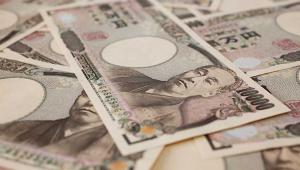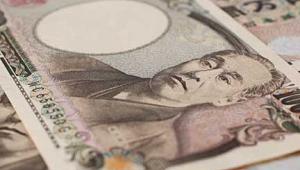Announcing the measures in a speech in south-western Japan, prime minister Shinzo Abe surprised observers by unveiling a much larger fiscal package than expected. Around half of the total – 13 trillion yen ($125bn) – will be made up of fiscal measures, including government spending.
The world’s third largest economy continues to flag despite many instalments of Abe’s own brand of economy policy, dubbed ‘Abenomics’.
The prime minister had promised to deliver further stimulus following the UK’s vote to leave the European Union, which triggered a surge in the yen as investors flocked to what they saw as a safe currency. However, this put profits of Japanese exporters at risk.
The events gave further cause for concern for those worried about an already weak economy, which only narrowly avoided recession in the first quarter of this year.
Abe gave away few details regarding what other measures the package contains, but more details should emerge next week when the cabinet is due to approve the measures.
Analysts had anticipated a package worth around 20 trillion yen, and while taken aback by the size, many were quick to highlight that new spending might make up only a fraction of the total.
Japan’s central bank is also expected to unveil its own stimulus in the coming days. It could cut interest rates further into negative territory, after shocking the markets with the move to a -0.1% rate at the start of this year.
The policy, a first for the Japanese economy, illustrates the urgency with which the country is trying to boost spending and investment, after years of stagnating growth.
But efforts have borne little fruit, and in June the International Monetary Fund warned that ‘Abenomics’ needed a “reboot” if it was to achieve its growth targets.
The fund anticipated the country’s economy would grow by 0.5% in 2016, before slowing again next year to 0.3%.
It highlighted “policy shortcomings” as a key impediment to the country’s economic recovery.













